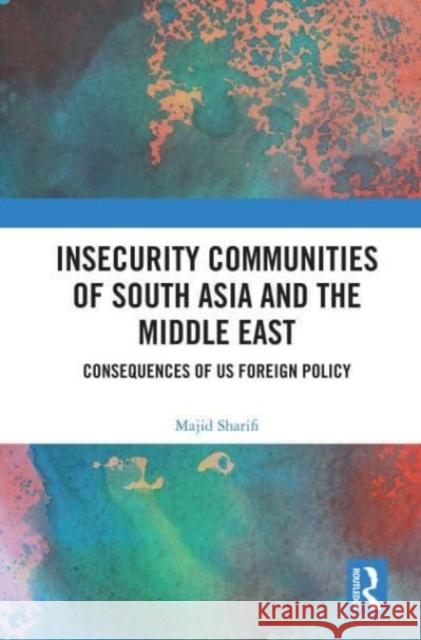Insecurity Communities of South Asia and the Middle East » książka
topmenu
Insecurity Communities of South Asia and the Middle East
ISBN-13: 9780367636357 / Miękka / 2023 / 286 str.
Insecurity Communities of South Asia and the Middle East
ISBN-13: 9780367636357 / Miękka / 2023 / 286 str.
cena 219,45
(netto: 209,00 VAT: 5%)
Najniższa cena z 30 dni: 196,40
(netto: 209,00 VAT: 5%)
Najniższa cena z 30 dni: 196,40
Termin realizacji zamówienia:
ok. 16-18 dni roboczych.
ok. 16-18 dni roboczych.
Darmowa dostawa!
This book critically examines how US foreign policy has produced a regional regime of instability and insecurity in South Asia and the Middle East.











